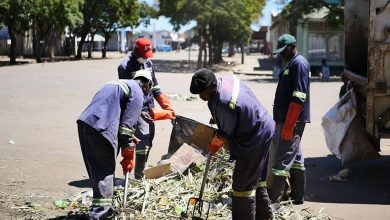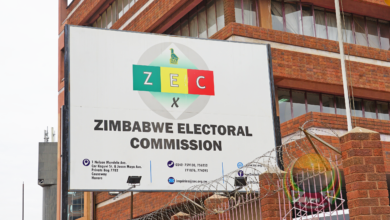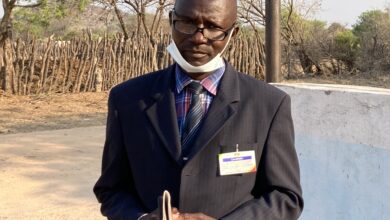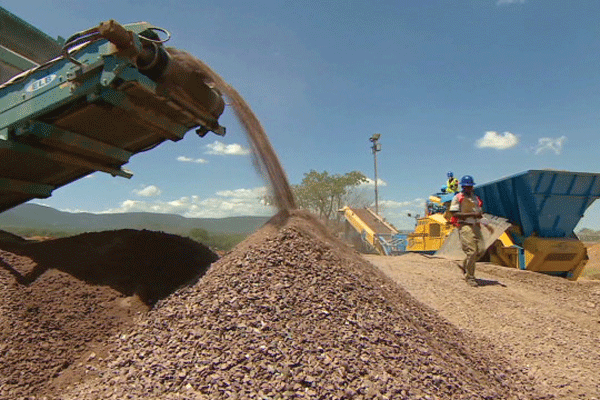Women safe spaces yielding positive results: NPRC

The safe spaces for women pilot programme initiated by the National Peace and Reconciliation Commission (NPRC) is yielding positive results, as it has allowed women to talk freely about their experiences with conflict and violence.
Netty Musanhu, commissioner responsible for Victim Support, Gender and Diversity in the NPRC confirmed that the women’s wellness spaces had become a critical part for womenfolk to engage with their pain.
“These safe spaces have enabled women to share their stories and start the healing journey,” she said.
The NPRC embarked on a pilot a wellness space programme with the objective to give women space to engage openly after realising that they were disproportionately affected by conflict.
Five pilot provinces were identified and these are: Bulawayo, Matabeleland North, Matabeleland South, Midlands and Mashonaland East.
“As NPRC, we felt the need to understand what women have gone through and how they want to engage with the commission so that we are able to develop guidelines for victim support as well as how to engage them. So far we have done Mashonaland East and Matabeleland North, where we were in Tsholotsho,” Musanhu said.
She noted that in Mashonaland East, electoral violence had affected women the most, of which enabled the NPRC to come up with clear guidelines and recommendations on how to effectively deal with the matter.
Musanhu disclosed she even encountered one of the most painful experiences in her life from one of the safe spaces held in Matabeleland North.
“The women in Tsholotsho shared their experiences with Gukurahundi, as we had very old women narrating how their children died, how some faced sexual violence… all sorts of experiences were shared but the women felt very safe,” the commissioner said.
The next step for NPRC is Matabeleland South, in Matobo District where another safe space would be tested.
“After that, we then come back to Bulawayo then proceed to Midlands, but so far my instincts were right that women indeed require safe spaces to engage with conflict they faced. It would have been very difficult for women to share some of their experiences had they not been in a closed space on their own,” Musanhu highlighted.
“So we are going to use this as an experience but to also critically gauge the mood at the local level and I want to say that especially in Tsholotsho people feel pain. They still require a lot of healing but I am happy to say they are ready to engage the commission. They are prepared to walk this journey together.”
The commissioner added that since she was responsible for gender in the NPRC, she was deeply appreciate to partners who mobilised the women for their meetings.
“We have identified organisations that can provide the critical services we as NPRC need. I am happy to say here in Tsholotsho, partners brought the exact women we were looking for.
“These were women that are not usually invited to such spaces such as old women who because of age, or those who suffer from all sorts of ailments may not even find themselves in a safe space.
“These are the women we actually had in this meeting. I’m very appreciative to the hand-holding of partners and we will continue identifying such who can play a leading role because together we can heal our nation,” Musanhu said.






